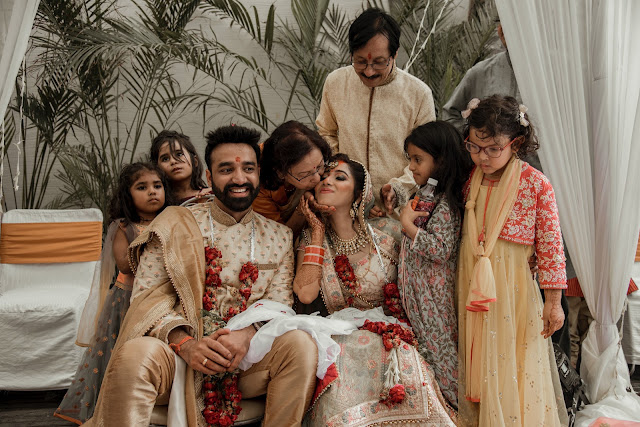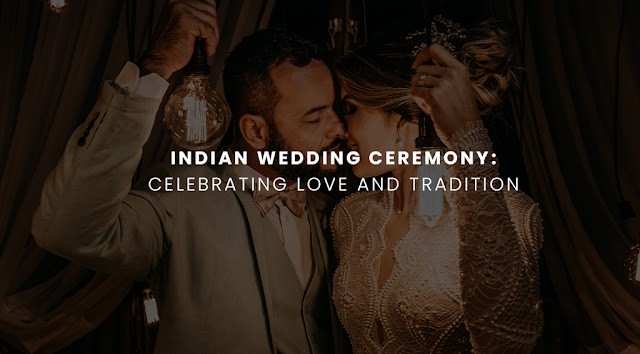Unveiling the Secrets of Arranged Marriages: Why They Continue to Thrive in Modern Times
Arranged marriages have been a prevalent practice in many cultures and countries for centuries. In an arranged marriage, the parents or guardians of the bride and groom play a significant role in choosing a life partner for their children. Despite the evolution of modern dating culture and the emphasis on personal choice and independence, arranged marriages continue to be popular in many parts of the world, including India, Pakistan, Japan, and other Asian countries.
In this article, we will explore the reasons why arranged marriages are still successful and thriving even in modern times. We will examine the benefits and challenges of arranged marriages and explore the impact of arranged marriages on various aspects of society.
The Benefits of Arranged Marriages
Cultural Significance:
Arranged marriages are deeply rooted in many cultures and traditions, where parents play an important role in the marriage process. It is believed that arranged marriages help maintain cultural traditions and values.
Also Read | Valentine’s Day Romantic Quotes For 2023
Compatibility:
In arranged marriages, parents or guardians often consider factors such as religion, caste, social status, education, and family background, which can help ensure compatibility between the couple. Compatibility is often one of the most important factors in a long-lasting marriage.
Family Support:
Arranged marriages are not just about the union of two individuals; they also involve the union of two families. In an arranged marriage, the couple receives strong support from their families, which can help them overcome challenges and create a strong foundation for their marriage.
Respect for Elders:
In many cultures, respecting elders is of utmost importance. In arranged marriages, parents or guardians play a crucial role in the selection process, and their opinions are highly valued. This helps foster respect for elders and strengthens family bonds.
The Challenges of Arranged Marriages
Arranged marriages come with a set of unique challenges that can be difficult to navigate for the couple involved. One of the most significant challenges is limited choice. In an arranged marriage, the options for a life partner are usually presented by parents or guardians, limiting an individual's freedom and choice. This can be especially challenging for individuals who may not agree with the choices made for them, leading to feelings of resentment and frustration.
Another challenge that arises in arranged marriages is pressure and expectations. Both families may have expectations about how the couple should behave and conform to traditional gender roles. This can be particularly challenging for couples who may have different beliefs and values, leading to conflict and unhappiness.
While arranged marriages often consider compatibility factors such as education, social status, and family background, there is still a risk that the couple may not be compatible. This can lead to feelings of dissatisfaction and sometimes even divorce.
In some cases, arranged marriages may lack the romantic spark that comes with falling in love naturally. This can be particularly difficult for couples who may have to work harder to develop emotional intimacy and connection. Overall, arranged marriages come with a unique set of challenges that require patience, understanding, and a willingness to work through difficulties to create a successful and fulfilling marriage.
Also Read | The Science of Love and Marriage
The Impact of Arranged Marriages on Society
Low Divorce Rates:
Studies have shown that arranged marriages have a lower divorce rate compared to love marriages. This could be because arranged marriages often consider compatibility factors and foster strong family support, which can help couples navigate challenges and overcome difficulties.
Social Cohesion:
In arranged marriages, families play a significant role in the marriage process. This can lead to stronger family bonds and a sense of community. Arranged marriages can also help maintain cultural traditions and values, which can contribute to social cohesion.
Economic Benefits:
In some cultures, arranged marriages can have economic benefits, such as the pooling of resources between families or the creation of business partnerships.
Gender Equality Concerns:
In some cases, arranged marriages may perpetuate gender inequality by reinforcing traditional gender roles and expectations. This can limit opportunities for women and perpetuate patriarchal norms.
Impact on Mental Health:
Arranged marriages can have a significant impact on mental health, both positive and negative. On the positive side, arranged marriages can provide emotional support and a sense of belonging. However, on the negative side, arranged marriages can also lead to feelings of depression, anxiety, and stress, especially if the marriage is forced or if there are compatibility issues.
Conclusion
Overall, the impact of arranged marriages on society is complex and multifaceted, with both positive and negative aspects. However, it is important to note that arranged marriages are not inherently good or bad. The success of an arranged marriage depends on the individuals involved and their commitment to making the marriage work.



Comments
Post a Comment